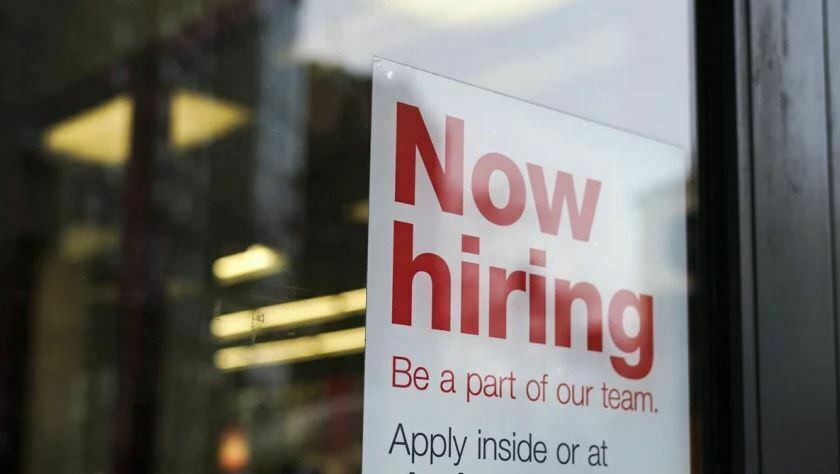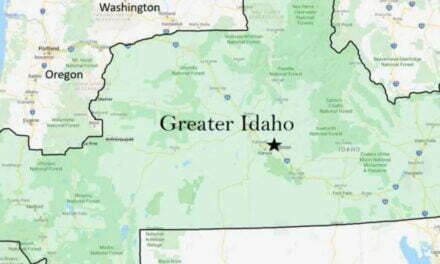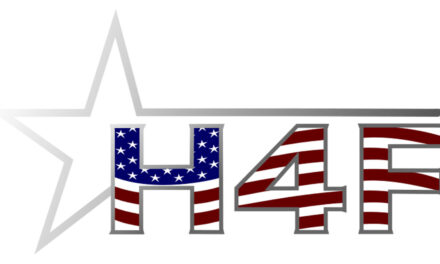
Is the Economy Back on Track?

The US economy added 850,000 jobs during the month of June – the largest gain in 10 months – following weaker gains of 583,000 in May and 269,000 in April.
The largest gains were reported in Leisure and Hospitality, with a full fourth of June’s new jobs coming from restaurants and bars.
“In terms of the pace of hiring, this is probably close to max speed just given how quickly workers are coming back,” says Wells Fargo economist Sarah House. “Employers are making it work.”
To attract workers, businesses are offering higher wages, increased benefits, and signing bonuses. Hourly wages for workers in the private sector are up 3.6% compared to last year; wages for hospitality workers are up 7.9%.
Other factors pushing Americans to work include:
- Relaxed pandemic restrictions on businesses
- The expiration of unemployment benefits
- Increased vaccination rate/ decreased fear of illness
Friday’s jobs report produced increases at the stock market and eased investors’ fears of economic depression. Some have already called on the Federal Reserve to slow its rapid purchasing of Treasury and mortgage securities, while others say it is too soon.
Despite the jobs increase, there are still about 7 million fewer jobs now than there were in February of 2020.
“While we have clear growth opportunities, the widespread labor shortages impacting many companies and industries across the US is also impacting us through higher wages and lower productivity, particularly in the first quarter,” complains Mike Lenz, chief financial officer for FedEx.
Unemployment remains higher than pre-pandemic levels and many able-bodied Americans continue to collect enhanced unemployment benefits rather than return to work. Others have decided to retire early.

























Labor shortages. Hmmm…
A local amusement park was having trouble filling open positions. Everyone bemoaned the lazy people didn’t want to work. They resorted to rotating black outs. Then they decided to raise the pay to $20 an hour… low and behold they all of the sudden had plenty of applicants.
So it’s not enhanced unemployment benefits, it’s not laziness, it’s workers are finally demanding wages to keep up with the times. When adjusted for inflation the minimum wage should be more in the $20-25 range.
Pay workers above a poverty wage and they will excitedly come work for you!
It is true. Our dollars have very little buying power due to inflation. A service worker in a bar or restaurant, making $20.00 or more an hour, means that service worker has to play a big role in producing well over $125.00 per hour in consumer revenues in order to warrant that level of hourly wage. That means you need to attract a well-heeled clientele in order to afford your service/product. It’s all called INFLATION. I sure hope all the WOKES enjoy it. Pretty sure many will wish they worked harder in school.
Anon, y’all have been saying for yrs that these entry level, minimum wage positions aren’t meant to provide a comfortable living, now that the workers have found better paying jobs, all of the sudden you’re upset?
$20 an hr when adjusted for inflation is BELOW the rate of the benchmark minimum wage of 1968, If it was good enough 50 yrs ago, why wouldn’t it be now?